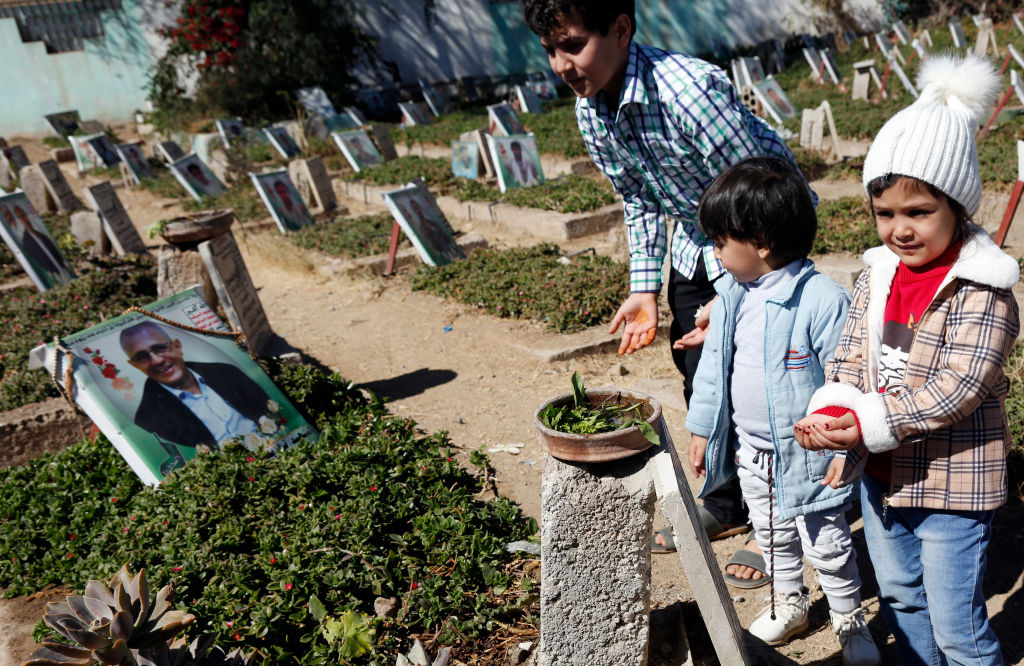The World Day of War Orphans calls for collaborative global efforts to ensure these children are provided with essential care, education, and protection. Yet, despite this call, the international community has often failed to meet the growing needs of war orphans.
Many global initiatives remain underfunded or mired in bureaucratic inefficiencies, leaving millions of children at risk.
This day reminds us of our duty to act with compassion and responsibility, offering war orphans a chance to rebuild their lives amidst adversity.
However, as conflicts increase and crises intensify, the response from the world continues to fall short, failing to provide the full range of support needed for these children to thrive.
Reflecting on the Crisis
Highlighting the deep pain felt by war orphans, Mahatma Gandhi asked, “What difference does it make to the dead, the orphans, and the homeless, whether the mad destruction is wrought under the name of totalitarianism or the holy name of liberty or democracy?”
Mother Teresa also stressed the emotional needs of these children, stating, “There are many in the world dying for a piece of bread, but there are many more dying for a little love.” Her words remind us that, beyond material needs, the emotional well-being of war orphans is often neglected.
Author Kevin Ansbro also highlighted the importance of care and protection for orphans, stating, “We can point the finger at adults for the stupid decisions they make in life, but an orphaned child can never be blamed for the situation in which they find themselves.”
Similarly, Jeremy Taylor echoed the call for compassion, stating, “God is pleased with no music below so much as with the thanksgiving songs of relieved widows and supported orphans; of rejoicing, comforted, and thankful persons.”
Historical roots of orphan care and current legal rights
Orphanages have existed for centuries, with the Romans credited for establishing the first orphanage in A.D. 400. In the modern era, however, much more is needed than traditional orphan asylums. Legal rights and protections for orphans must be enforced globally.
In India, laws such as The Orphanages and Other Charitable Homes (Supervision and Control) Act, 1960, and The Juvenile Justice (Care and Protection of Children) Act, 2015 offer protection, but the implementation remains inconsistent. The 2022 Maa Mamata Scheme aims to provide social security to orphaned children, but significant gaps persist in delivering comprehensive care, especially in conflict zones where access to basic resources is limited.
Conclusion: a duty to protect and empower
The World Day of War Orphans 2025 is not only a reminder of the responsibility we share in caring for these children, but also a call to recognize our failures.
These orphans deserve not just our sympathy, but sustained, concrete actions to ensure they have access to their basic rights—education, safety, and emotional support.
While we reflect on the global efforts that have been made, we must also acknowledge the critical gaps and the work still required.
By coming together as a global community, we can offer these children the hope and resilience to face the future and overcome the challenges posed by war, climate change, and poverty.
It is a day to commit to a world where no child is left behind in the shadows of conflict.














